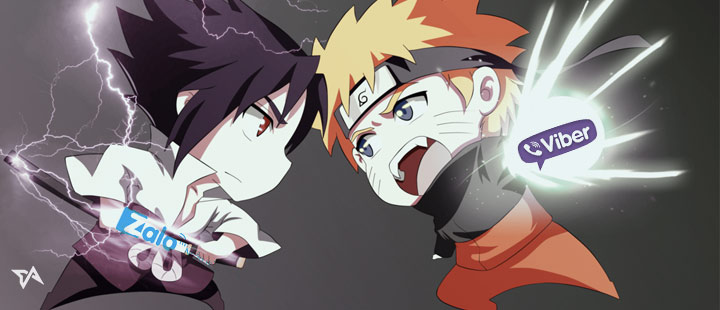
Qik, a company that was very early on in the stream-live-video-from-your-phone trend that popped up and then quickly faded around 2008-2009, is being retired by its parent company, Skype. Skype acquired Qik back in 2011 for upwards of $100 million.
Why the shutdown? To be blunt: Skype got what they wanted out of the deal, so Qik is redundant now. While Skype doesn’t make direct use of the phone-to-web broadcasting functionality that Qik focused on, they say they’ve integrated core bits of Qik’s video messaging technology into Skype.
While Qik as a service never got hugely popular (blasting videos to your friends in real-time is only really fun if all of your friends happen to all be free at the same time), the company built some damned cool technology. These guys were doing video recording on the iPhone before the iPhone even officiallysupported video recording..
If you’ve still got any videos lurking on Qik’s servers, you’ll need to get them off by April. Given that Qik pitched itself as a means of sharing things like your kid’s first steps with friends and family in real time, there’s probably quite a few precious moments still tucked away on the service.
Source: TechCrunch
